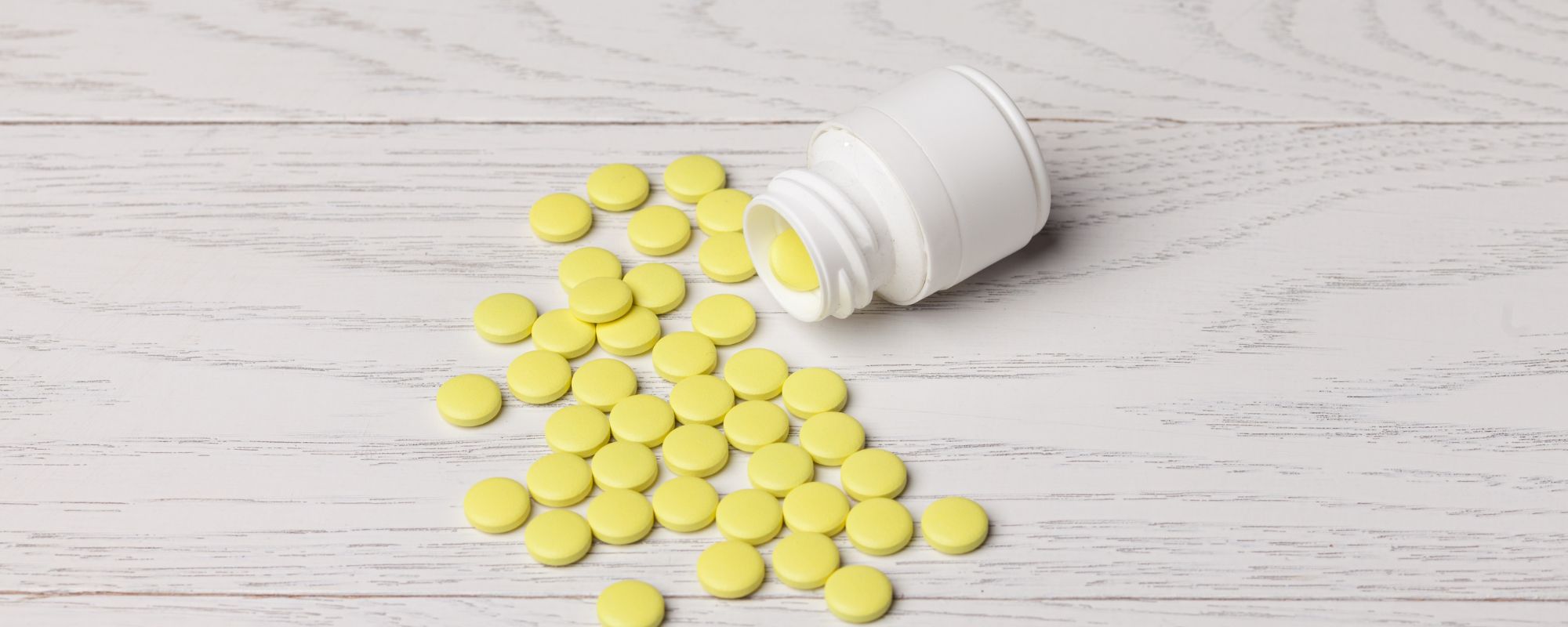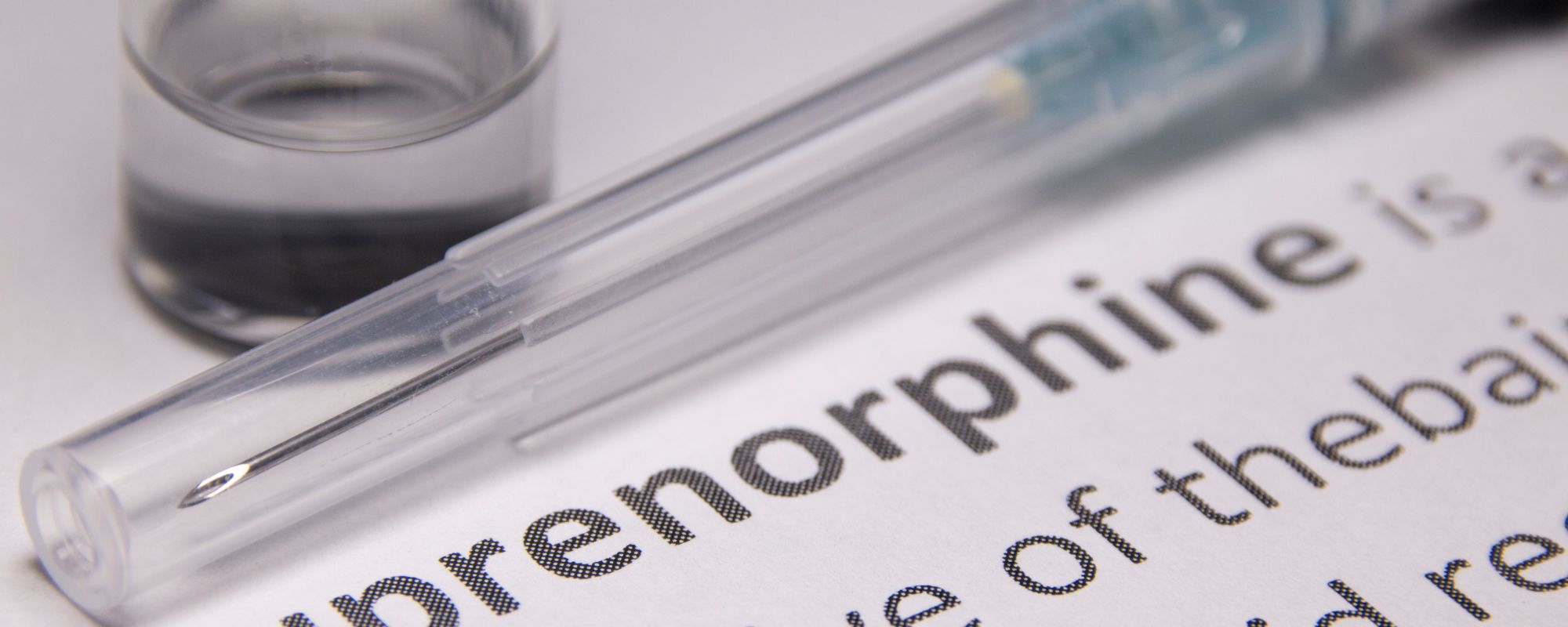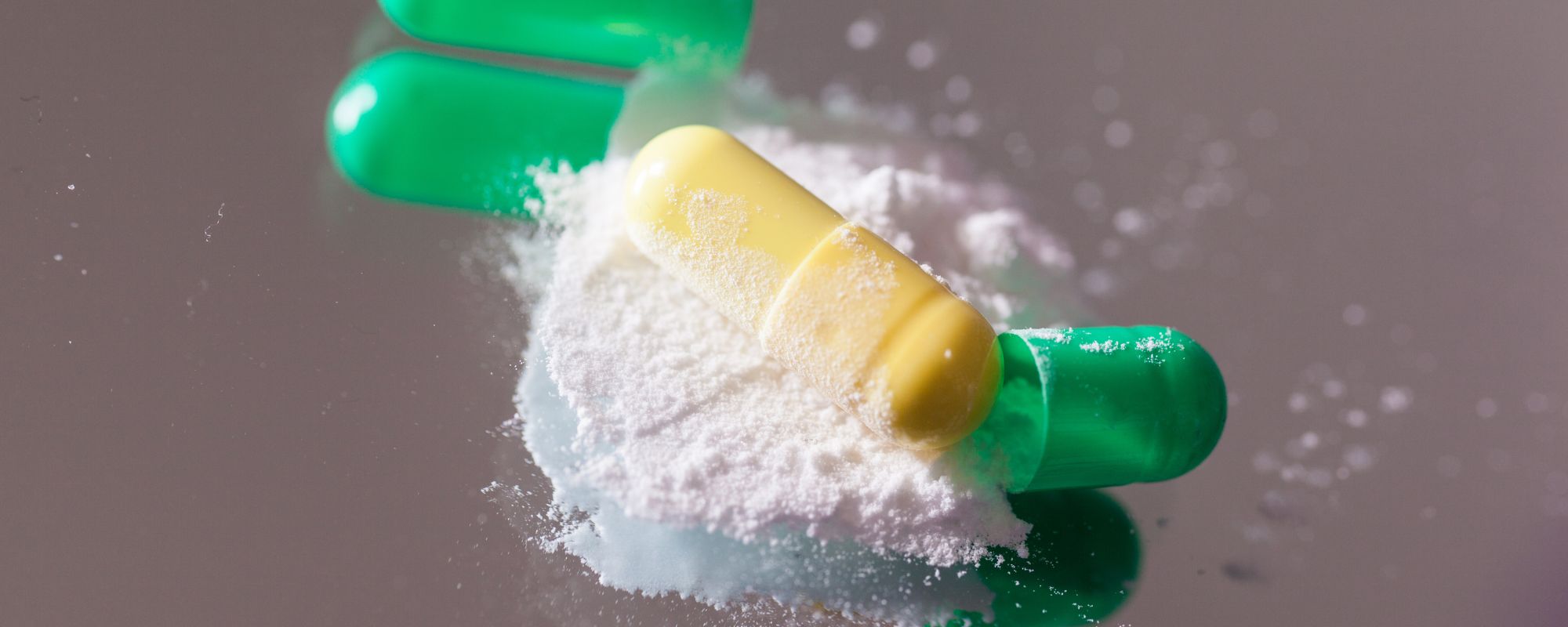Across our many drug rehabilitation centers, we hear a common story from clients: “Gabapentin ruined my life.” Tragically, experiencing life devastation due to a drug addiction is a recurring problem. Substance use can lead to catastrophe —personal, financial, relational, physical, mental, and professional. When it comes to gabapentin specifically, it can be highly addictive and brain-altering. No person should have to see their life ruined because of substances. The good news is no matter how much drug addiction has taken from you, you can remove its power. Treatment in a drug rehabilitation center will bring healing, self-resilience, and tools to pick yourself up to create lasting change in your life. It is never too late to recover from a substance disorder like gabapentin abuse.
What Is Gabapentin?
Gabapentin is a prescription drug in the class of gabapentinoids, which are psychotropic substances. They mimic the neurotransmitter called gamma-aminobutyric acid (GABA) to send new messages to the central nervous system. Essentially, gabapentin balances abnormal electrical activity in the brain. Some studies indicate that it even leads the brain to produce more of the GABA chemical to still overactive neurons. Thus, gabapentin’s effect on the body is calming and relaxing. When abused, it can create a high. Additionally, it is often used in combination with other substances to produce a longer-lasting high.
Gabapentin’s brand name is Neurontin. Gabapentin and pregabalin (the other gabapentinoids) are often a first line of defense for epilepsy and nerve pain. In some people, gabapentin causes tiredness. In fact, sometimes it is confused for a narcotic drug because it is quite effective at improving sleep quality. Thus, another common misuse of gabapentin is individuals taking it to achieve sleepiness.
What Does Gabapentin Treat?
There are multiple gabapentin uses, both on-label and off-label. Gabapentin is approved by the Food and Drug Administration (FDA) to treat certain conditions, including postherpetic neuralgia, restless leg syndrome, and partial seizures. Each illness causes discomfort and pain and may be caused by imbalances in the brain. Regardless, the way gabapentin modifies brain messaging means it can reduce abnormal neuron activity that causes symptoms. Doctors can also prescribe it off-label to treat conditions where gabapentin is medically applicable. These include various nerve pain types, menopausal symptoms, sleep disorders, and anxiety.
Gabapentin for Anxiety
As mentioned, there are off-label treatments of gabapentin for anxiety. Because the substance calms overexcited and imbalanced chemicals in the brain, it can effectively reduce anxiety symptoms. Generalized anxiety disorder (GAD) is a mental disorder where the individual experiences a consistent symptom cycle of worry, stress, fear, and discomfort. GAD can be debilitating when severe and reduce one’s quality of life. Consequently, gabapentin as a treatment may offer hope when prescribed and monitored by a professional. However, individuals may try to self-medicate their anxiety with gabapentin, which is extremely dangerous. Not only can they cause permanent damage to their brain and body, but they can develop an addiction. They put themselves at risk of overdose and polysubstance mixing. The best treatment for GAD is mental health rehab through a recovery center.
How Can Gabapentin Ruin Your Life?
As mentioned, there are many risks associated with gabapentin misuse because this strong medical drug has potent effects. Is gabapentin addictive? Yes, it is highly addictive and can happen quickly. Notably, you can become dependent within a few weeks, depending on your risk factors and the dosage you take. Gabapentin abuse is dangerous, yet reports of misuse show the drug is becoming popular. This is likely because it produces similar effects to opioids, which are the leading cause of overdose.
In fact, there is an increasing number of individuals who mix opioids and gabapentinoids to experience a more potent high. The depressant effect on the central nervous system can lead to hypoventilation, confusion, and death. Mixing opioids and a moderate to high dose of gabapentin has a 60% increased risk of an overdose death compared to opioids alone. Chiefly, gabapentin can ruin your life by ending it.
Signs and Symptoms of Gabapentin Abuse
There are particular signs and symptoms that may indicate someone is abusing drugs. Additionally, gabapentin has its own indicators that someone is addicted to the medication. Keep an eye out for these side effects of gabapentin abuse:
- Constant sleepiness
- Trouble balancing
- Disorientation
- Flulike symptoms
- Lightheadedness
- Slow speech
- Tremors
- Mood swings, including periods of depression or anxiety
- Cravings for gabapentin
- Skipping events and activities
- Doctor shopping
- Suicidal thoughts
Get confidential help from our addiction and mental health treatment facilities located across the United States. Call to join one of our quality programs today!
Speak With Our Admissions TeamWhat Is Gabapentin Treatment Like?
Prescription drug addiction is a serious issue that will keep escalating until you make the choice to receive treatment. Once you’re ready to begin recovery, professional treatment is the most surefire way to ensure you heal for good. During gabapentin treatment at Aliya, you begin by detoxing gabapentin’s toxins from your body. Throughout the next levels of care, you’ll engage in daily therapy and counseling sessions to unpack the roots of your addiction. In a combination of traditional psychotherapy and holistic activities, you will explore your mental, physical, and spiritual wellness.
Cognitive behavioral therapy and dialectical behavioral therapy are psychotherapies we implement at Aliya. They help individuals identify negative patterns of thought and behavior in order to replace them with healthy coping mechanisms. Above all, you will learn valuable skills for managing your triggers, taking care of your biopsychosocial health, and preventing relapse for a sober future.
Symptoms of Gabapentin Withdrawal
Gabapentin withdrawal is an uncomfortable experience, much like the withdrawal period with any substance. Medical detoxification is the best way to get through it. You will receive 24/7 medical monitoring and care to reduce the pain as much as possible. Symptoms of withdrawal may include:
- Cravings
- Headaches
- Restlessness
- Trouble sleeping
- Nausea
- Sweating
- Anxiety
- High blood pressure
All in all, the safest way to undergo detoxification to overcome physical drug dependence is to enter a recovery facility. Using a dual diagnosis approach, an addiction treatment center can help you get through withdrawal symptoms and learn relapse prevention skills to use in the future. Aliya treatment centers also offer treatment programs with holistic therapies and can help you find sober living during outpatient rehab. There are serious side effects to drug and alcohol abuse.
Looking for quality treatment for substance abuse and mental health that’s also affordable? Aliya Health Group's treatment facilities accept most major insurance providers. Get a free insurance benefits check now!
Check Your CoverageDrug Abuse Treatment at Aliya Health Group
Gabapentin is a powerful substance that can truly ruin your life if you become addicted. We don’t want anyone to struggle with the devastation caused by substance use disorders. We offer comprehensive levels of care, from detoxification to inpatient treatment, outpatient treatment, and aftercare. Please don’t hesitate to become part of our sober community by entering rehab to find healing.















